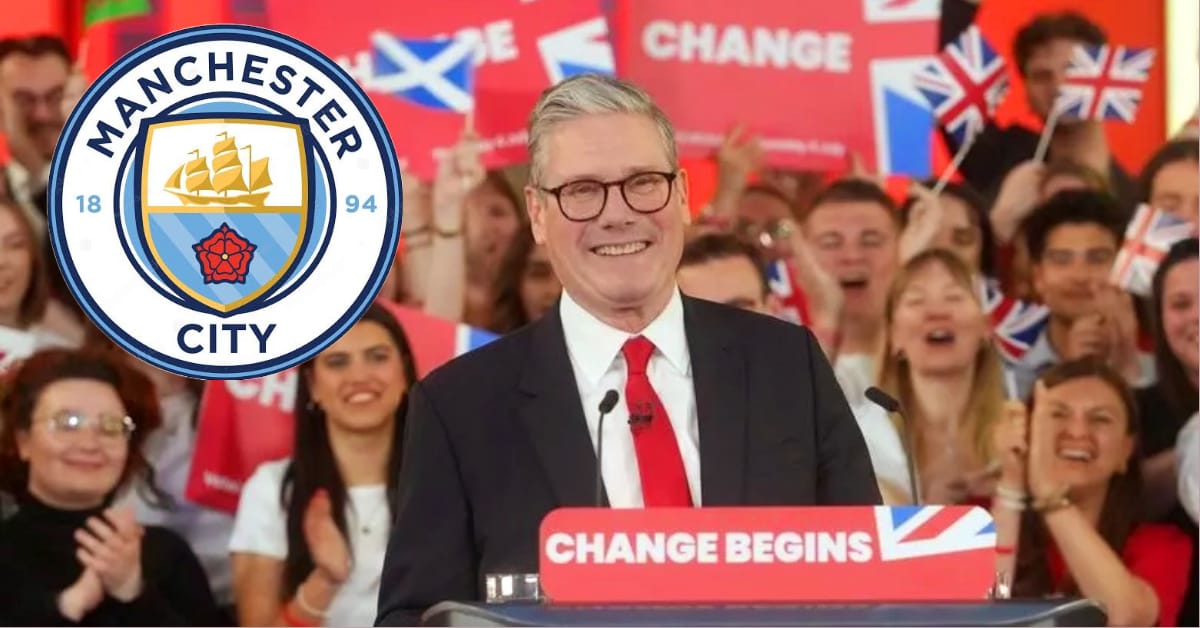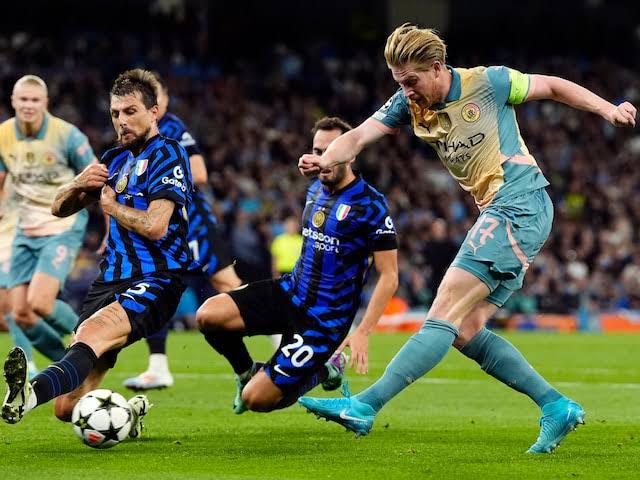What a Labour Government Means for Man City and Man United After Sir Keir Starmer’s Election Triumph
Sir Keir Starmer is set to become the new Prime Minister today following a landslide victory for Labour in the general election, ending a 14-year Conservative rule. But what does this shift in power mean for football, particularly for Manchester City and Manchester United?
Impact on the Football Governance Bill
The Football Governance Bill, introduced by the previous Tory government, aimed to reform the management of football clubs through an independent regulator. This came in response to the collapse of Bury FC in 2019 and the failed European Super League attempt by six of England’s top clubs, including Manchester City and Manchester United. Although the bill had broad cross-party support, its passage into law was halted by the election, leaving it to the new Labour government to push it forward.
Labour’s Approach to Football Governance
Under Labour, the bill’s future looks promising. The party has historically supported stronger regulations and oversight in football. The independent regulator proposed by the bill would ensure fairer wealth distribution, proper vetting of potential club owners, and the preservation of community values within football. This could bring about significant changes in how Manchester City and Manchester United, as well as other clubs, operate financially and administratively.
Premier League’s Concerns
The Premier League, however, has expressed concerns about the bill. Premier League CEO Richard Masters has argued that introducing stringent regulations could stifle the league’s growth and appeal. He fears that an independent regulator with extensive powers could deter investment and hamper the Premier League’s competitiveness on the global stage.
Financial Implications
The Premier League is the wealthiest football league in Europe, generating €7.0bn (£5.9bn) in revenue, significantly more than its closest competitors, the Bundesliga and La Liga. Masters has warned that the bill could reduce the league’s competitiveness and its ability to generate revenue, which in turn could affect the financial stability and growth of clubs like Manchester City and Manchester United.
The Bigger Picture
With La Liga and other European leagues exploring ways to close the gap with the Premier League, such as staging competitive games in the United States, the introduction of an independent regulator in England could shift the balance of power in European football. It’s a delicate situation that requires careful consideration to avoid unintended consequences.
Looking Ahead
As Labour takes the reins, they will need to balance the need for reform with the potential risks highlighted by the Premier League. The final shape of the Football Governance Bill and its impact on clubs like Manchester City and Manchester United will be closely watched by all stakeholders in the sport.
With the new season on the horizon, and changes in government policy imminent, the landscape of English football could be set for a significant transformation. The next steps taken by Sir Keir Starmer’s government will be crucial in shaping the future of the game in the UK.



